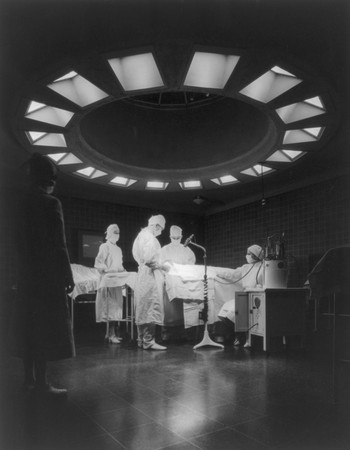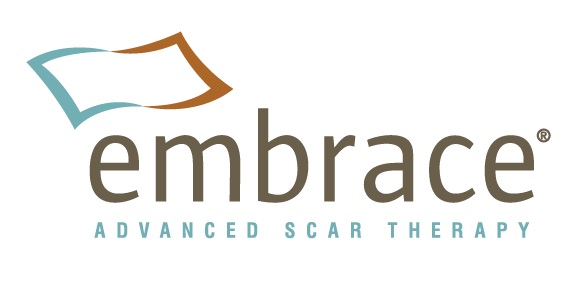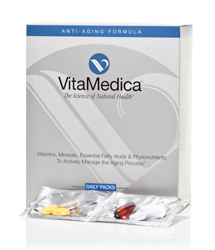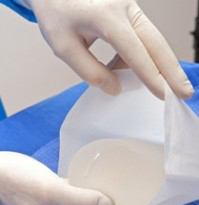When scheduling surgery, it is important to take into consideration the type of food you should be eating to aid in the healing process. We will discuss food choices for before and after surgery to help speed your recovery.
Before Surgery
It is best to eat high quality proteins such as a fish, poultry, eggs, nuts and seeds a few weeks before surgery to build up your strength and tissue fibers. Consuming high-fiber foods such as whole grains, vegetables, fruits and legumes; calcium-rich foods such as nuts, fruits, and leafy greens and essential fatty acids such as nuts, seeds, or vegetable oils are also helpful.
Certain amino acids seem to help wounds heal faster, so before—and especially after—surgery, make sure your meals and snacks feature fish, chicken, eggs (especially the whites), brown rice, walnuts, almonds, and sunflower seeds. Some studies suggest that vitamin C and zinc can also assist your body to heal. Drinking a glass of orange juice and eating the daily recommended amount of fruit and produce should provide all the vitamin C you need, while a fortified breakfast cereal is an easy way to get zinc.
It is best to avoid dairy products, sweets, fried foods, and cured meats as these are high in saturated fats and can slow the healing process. Your diet should be lighter a few days before surgery; emphasizing fruits, vegetables, and liquids to help ease the stress on your digestive system. Also avoid stimulants such as coffee and alcohol as they can impair the natural healing process of your body.
After Surgery
Try and eat small, light, low-fat meals throughout the day when recovering from surgery. This can include foods like whole-wheat toast, yogurt, pudding, fruits, soup, small sandwiches and fortified shakes. If a soft or liquid diet is necessary following surgery, consider protein and/or nutrient powders, broths, fresh juices, light soups, and pureed fruits or vegetables such as carrots, squash, mashed potatoes, bananas, or applesauce.
Eat fresh, healthy foods that are rich in nutrients and trace minerals. Protein is particularly important as it will help build your tissues. A protein-rich multivitamin shake may be a good way to start getting more protein after surgery. Eating fiber can help prevent constipation. Good natural sources include prunes, prune juice, figs, apricots, berries and other fruits, vegetables, legumes, and whole grains.
Aim for eight 8-ounce glasses of fluids a day when recovering from most surgical procedures. This helps prevent dehydration, helps fiber work well, and flushes out the bladder. Drink caffeinated beverages sparingly. Avoid junk food, especially foods that contain processed fats such as hydrogenated oils. Olive oil is an excellent natural way to ease inflammation following surgery.
If you have any questions or thoughts on what to eat before and after surgery, please do not hesitate to contact Dr. Forley.
Tags: Nutrition, Plastic Surgery
Written by Dr. Forley on April 23, 2012






